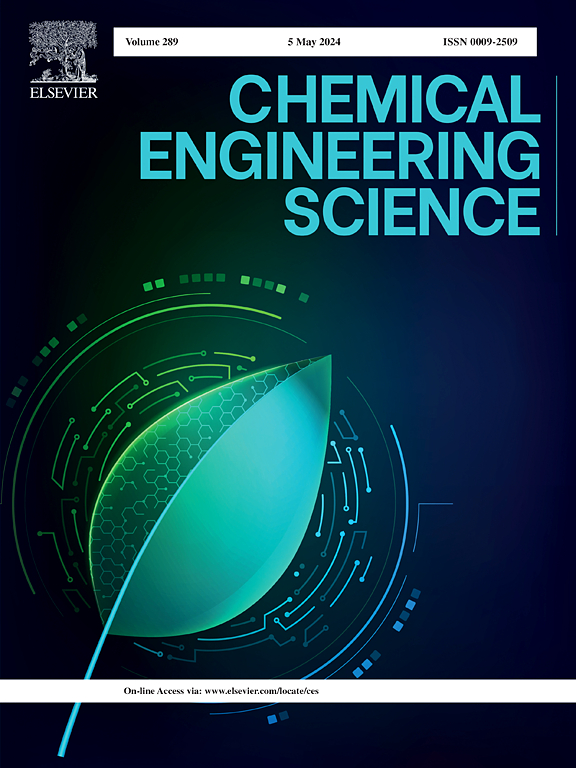深度学习驱动的离子液体筛选对甲苯和苯乙烯的捕获
IF 4.3
2区 工程技术
Q2 ENGINEERING, CHEMICAL
引用次数: 0
摘要
甲苯和苯乙烯作为典型的芳香族挥发性有机化合物(VOCs),存在重大的健康和环境风险。尽管离子液体(ILs)已成为捕获芳香族挥发性有机化合物的有前途的吸收剂,但离子液体的多样性和有限的实验数据可用性对有效识别最佳候选物构成了关键挑战。在这项工作中,开发了先进的深度学习(DL)模型来预测il -甲苯/苯乙烯体系的无限稀释活度系数(γ∞),该模型可以作为吸收性能的热力学估计器。通过利用迁移学习策略,模型首先在类似系统或计算数据的实验数据上进行预训练,然后使用实验数据点进行微调以提高预测性能。采用多级筛选框架,考虑物理和热力学性质以及毒性,从170个商业候选物中确定有利的ILs。实验验证和机理分析证实了所筛选的il具有良好的吸收性能。该研究为人工智能辅助设计吸收剂对其他VOCs的捕获提供了有价值的指导。本文章由计算机程序翻译,如有差异,请以英文原文为准。
Deep learning driven ionic liquid screening for toluene and styrene capture
As typical aromatic volatile organic compounds (VOCs), toluene and styrene present significant health and environmental risks. Although ionic liquids (ILs) have emerged as promising absorbents for aromatic VOCs capture, the myriad diversities of ILs and limited experimental data availability pose critical challenges in efficiently identifying optimal candidates. In this work, advanced deep learning (DL) models are developed to predict the infinite dilution activity coefficients (γ∞) of IL-toluene/styrene systems, which could act as the thermodynamic estimator of absorbent performance. By leveraging the transfer learning strategy, the models are first pre-trained on experimental data from similar system or computational data, then fine-tuned using experimental data points to improve predictive performance. A multi-level screening framework that considers physical and thermodynamic properties, as well as toxicity, is employed to identify favorable ILs from 170 commercially available candidates. Experimental validation and mechanism analysis are conducted to corroborate the excellent absorption performance of screened ILs. This research provides valuable guidance for artificial intelligence-aided design of absorbents towards other VOCs capture.
求助全文
通过发布文献求助,成功后即可免费获取论文全文。
去求助
来源期刊

Chemical Engineering Science
工程技术-工程:化工
CiteScore
7.50
自引率
8.50%
发文量
1025
审稿时长
50 days
期刊介绍:
Chemical engineering enables the transformation of natural resources and energy into useful products for society. It draws on and applies natural sciences, mathematics and economics, and has developed fundamental engineering science that underpins the discipline.
Chemical Engineering Science (CES) has been publishing papers on the fundamentals of chemical engineering since 1951. CES is the platform where the most significant advances in the discipline have ever since been published. Chemical Engineering Science has accompanied and sustained chemical engineering through its development into the vibrant and broad scientific discipline it is today.
 求助内容:
求助内容: 应助结果提醒方式:
应助结果提醒方式:


